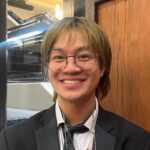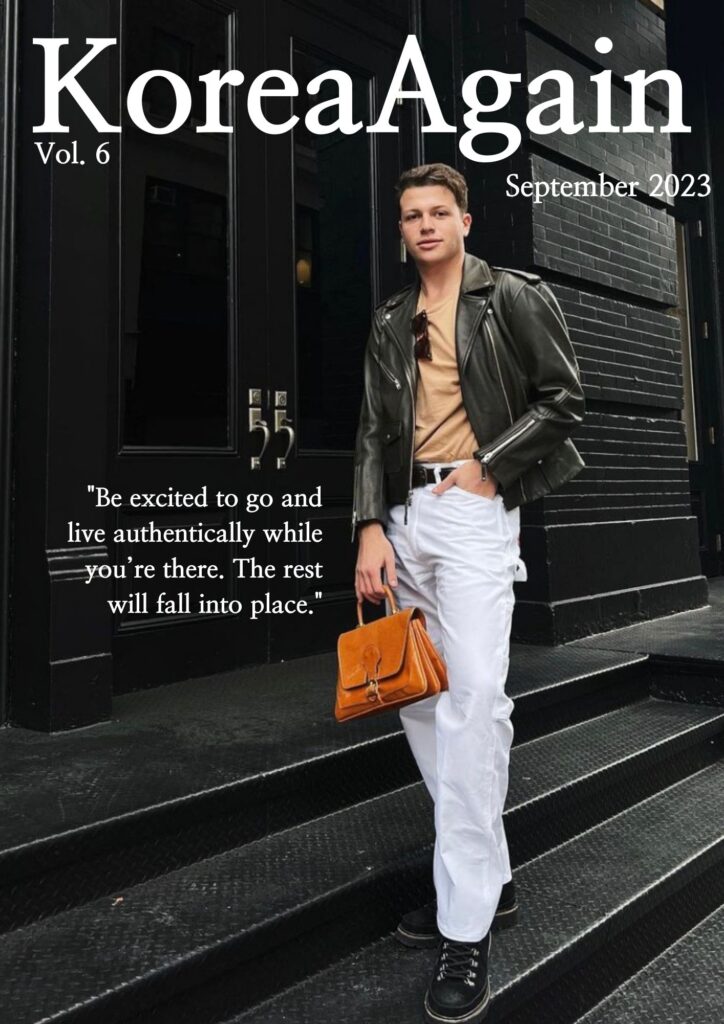
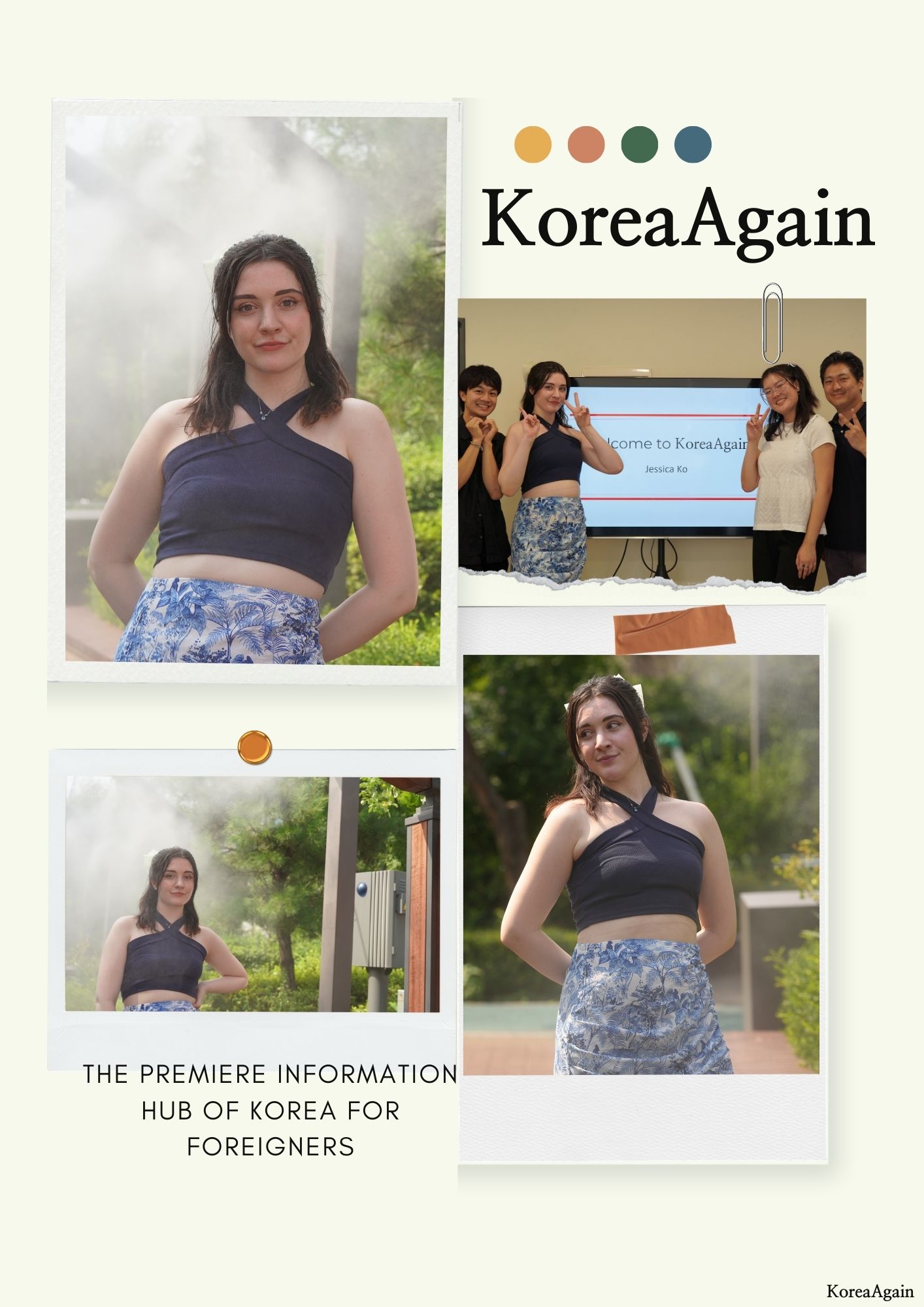
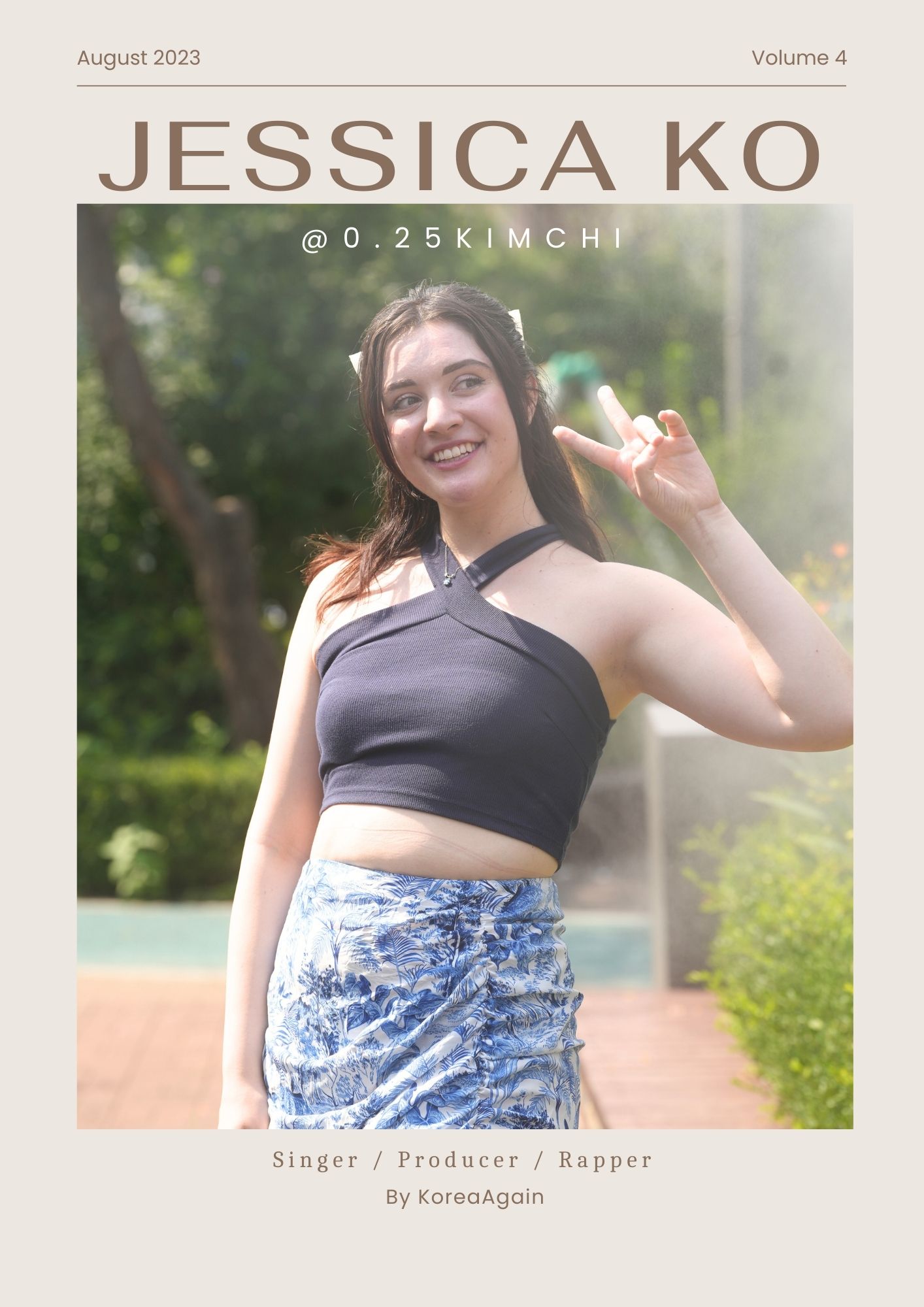
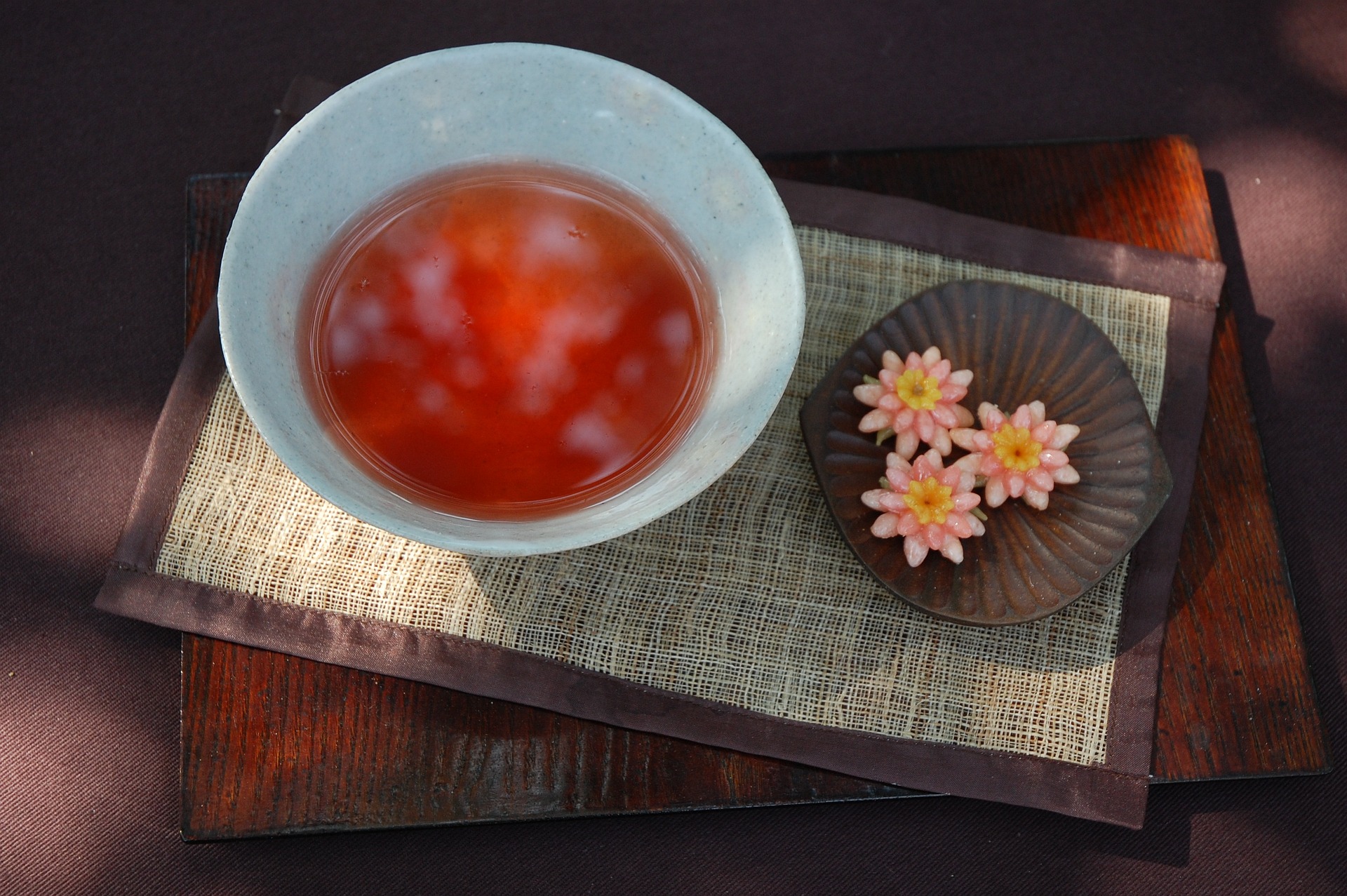
Contents:
Page 4
Introduction:
Jessica’s Korean interests, and her experiences as an entertainer.
Page 5-8
Feature Story
Jessica’s story; her 7-year life in Seoul, influences, understanding of cultural differences, and advice for foreigners living in Seoul.
Page 9
@0.25kimchi
Support Jessica and her current endeavors!
Page 10
Editors Note:
Special thanks to the editors, writers, and DIOKOS team for making this interview possible. We grow together.

About Jessica
Jessica Ko is an absolute blast to connect with. It’s easy to see how she shines so bright in the entertainment business. Jessica’s story in Korea began at a young age, when she transitioned to Seoul after being scouted by a company.
Her life as a trainee pushed her to her physical and mental limits, but she ultimately made the choice to pursue another passion instead. From travelling to Seoul to finish her primary schooling at Yonsei, to her experiences locking down in COVID-stricken Minnesota. Jessica has seen it all. Working as a talent coordinator and designer for an existing hip-hop group, Jessica found herself feeling underappreciated.
Once more, noticing her strengths and seeing herself outshine the group, she took things into her own hands. After discontinuing her previous company, she began focusing more on education. Continuing to pursue music in Korea, she opened her company KoKo Entertainment, after which she began Artists Anonymous, a hip-hop collective for like-minded and passionate individuals.
During our time together, Jessica describes the different she’s worn during her time in Seoul: a student, a teacher, a performer, a translator, a foreigner, a leader, and a friend.
Give us a little introduction, and tell us about yourself!
My name is Jessica Ko, I am a quarter Korean, I live in South Korea, and I am also a singer! I used to be with a company though, I’ve actually been with two different companies here in Korea, but I am ultimately solo right now. I’m considering maybe going back to a company, but it’s wishy-washy. Especially these days, I really look forward to seeing how I do on my own! I make hip-hop music. So I rap, I sing, and I started producing a year ago now.
What got you interested in alternative hip-hop?
I originally started doing K-Pop, I came to South Korea as an idol trainee when I was 18, right out of high school, so I’ve been doing K-Pop for a long time, but I think I lost that vibe. It just got kind of really repetitive, and not that it’s bad music, but for me, doing the same kind of music over and over again was just getting really boring, so I started doing more rap. I worked with a producer I met through a friend here, and we came out with like a hip-hop, but not really hip-hop album. That’s when it started!
Do you have any insights into the whole trainee thing?
Yeah! I mean, it was a long time ago. I quit after a month because my parents wanted me to focus on university. It was a lot of dieting. That’s one true rumor about idol life. At that time, I used to be really skinny, so I was actually underweight. I also had a fear of food. I would get really stressed out if I ate, so even they were trying to make me eat more. I didn’t have much of a problem with that, but I could see it was really hard on the other girls I was training with. The sleep schedule was also insane. If I wasn’t an 18-year-old, I would’ve gone crazy. Especially because I was doing online university classes. I would wake up at 5 am and maybe go to bed at midnight, so five hours of sleep every night was it.

Tell me more about your schooling life. You came here as a trainee, and you continued your schooling in the US?
Yeah. I did online university through a school in America – Arizona State University. I was also training while doing online courses. My parents said, “Just try one semester in person!” So I went back to America for four months, and I hated it. I think it was just a lot of reverse culture shock because moving to Seoul was really the first time I was being an adult, and so going back, I had already settled into life as an adult and had gotten used to the Korean lifestyle.
-Could you describe some of the cultural differences between the US and South Korea?
Right, in terms of safety, that’s a big thing. In the US, I don’t like talking to strangers. I like to think I am an extrovert most of the time, but if I am in a public space, I just don’t want to just talk to a random person.
Public transportation is a big thing too. At least in Minnesota, I’ve only been on a bus once. If you want to take a bus, you’d have to wait at the bus station for an hour. In Seoul, it’s super convenient. Most people live around a subway station. We usually call that neighborhood by its local station. It’s very affordable too. I think the price has gone up a little in the last few years, but it’s still only 1,000 won or a dollar USD.
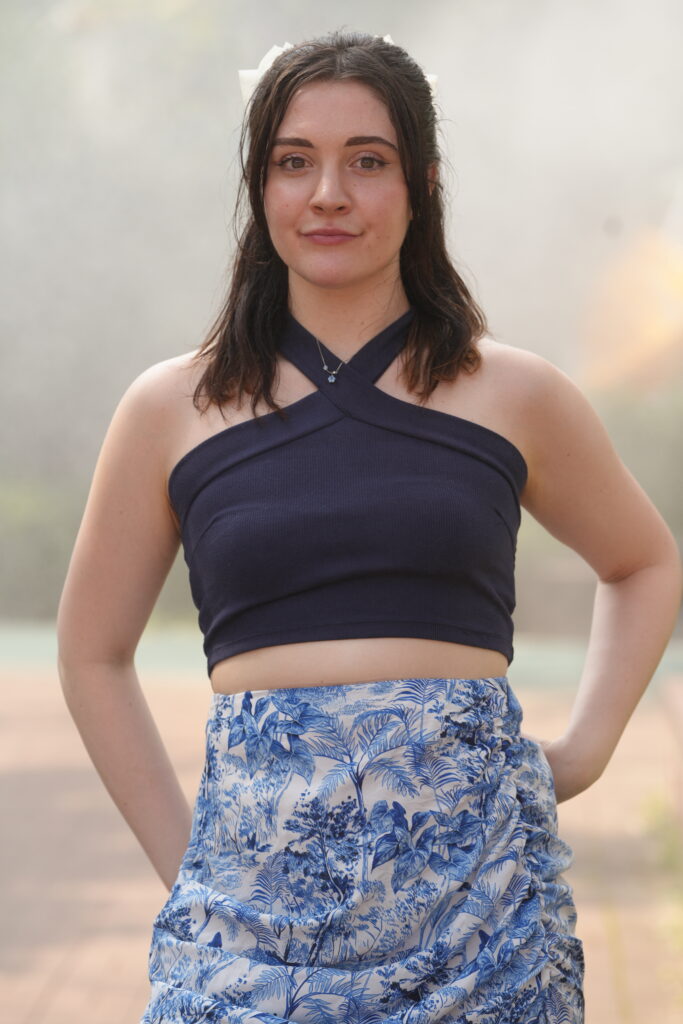
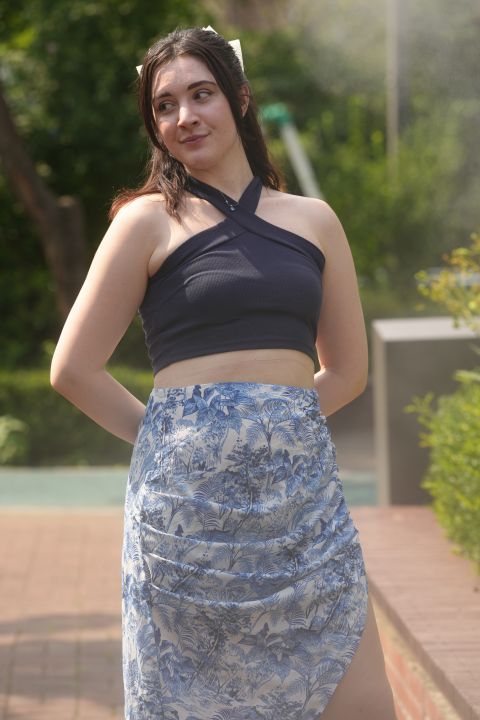
You brought up “a few years ago.” How long have you been living in Korea?
Yeah, actually, I think a couple of days ago would be my 6th anniversary, so I’m now on 7 years. I’m so happy.
Tell us about your experience! 7 years is a long time. Almost a decade!
Yeah. The most amazing thing has been watching how Korea has changed in the last six years. I came here at the very beginning of the Korean Wave. People were just getting into K-pop and now everybody knows who BTS is. It used to be a niche thing. If you liked K-pop, that was a thing you liked, but now BTS and BlackPink are household names. When I came here, there were not a lot of foreigners. Those who were here were students, tourists, or the military. Now, people are coming here as teachers because they want to live in Korea, but at that time, it was more like people came here because they wanted to be a teacher. Everybody here is so nice. As I said before, we have our bubble, but strangers here are always so kind. That’s what I really love. But, at that time, there wasn’t a lot of knowledge about foreigners, so I got stared at a lot, especially since I’m tall. There were so many times when I was waiting to cross the street, and there was this halmoni that would just stare at me. I don’t see that at all anymore.
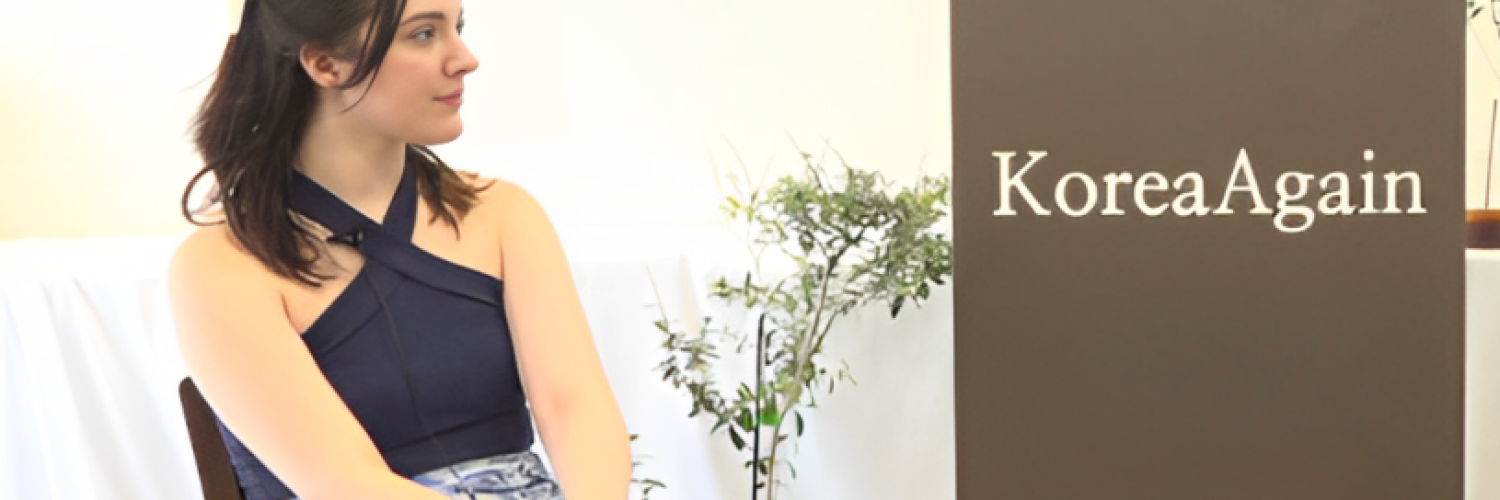
Tell me a little bit more about how your experience as a foreigner changed after living in Seoul.
I think that I feel a lot more comfortable now. One of the biggest lessons I learned, just because I felt so out of place, was to be confident in myself, which was a really hard lesson to learn, but I’ve had many opportunities too. I think just feeling more comfortable, like feeling more like this is my home, especially after spending almost a year in the U.S. because of Covid, I felt more like a foreigner there than I do here. I also don’t think specifically in English. I think in Korean and English, and somebody told me that if you dream in another language, it means you are REALLY thinking in that language. I’m not bilingual by any means, half the time I still don’t know what’s going on around me, but it’s just so ingrained in my brain that I’ve just gotten used to thinking in Korean.
Tell me a little bit about your year in the U.S.
When I got back, I quarantined myself (quarantine wasn’t mandatory at that time, but I just did it to be a good human). I did my 2-week quarantine, got out, and then like 2-weeks later, the George Floyd incident happened which really affected the area I was living in because it happened in my city. I lived pretty close to Minneapolis, and also, I lived right outside of the state capital which was where a lot of people were protesting. So, witnessing riots for a few days was insane. My favorite Afghani restaurant burned down. We couldn’t go outside normally for a month afterward because the businesses were boarded up, and it wasn’t safe to be there. After things died down a little bit, I would go on walks. I’d go outside, and there were snipers on rooftops. I get freaked out about being around guns because I’ve grown up without them for so long, but like I’m just on a walk! There were full-on military vehicles in the streets. It felt really weird because that was my neighborhood. My neighborhood looked like a war ground. And then after that, crime started rising, as I mentioned earlier, so it made it so it was really difficult to go out. At that time, I didn’t have a job, I didn’t have school, and I didn’t have friends because I hadn’t lived in the US for very long.

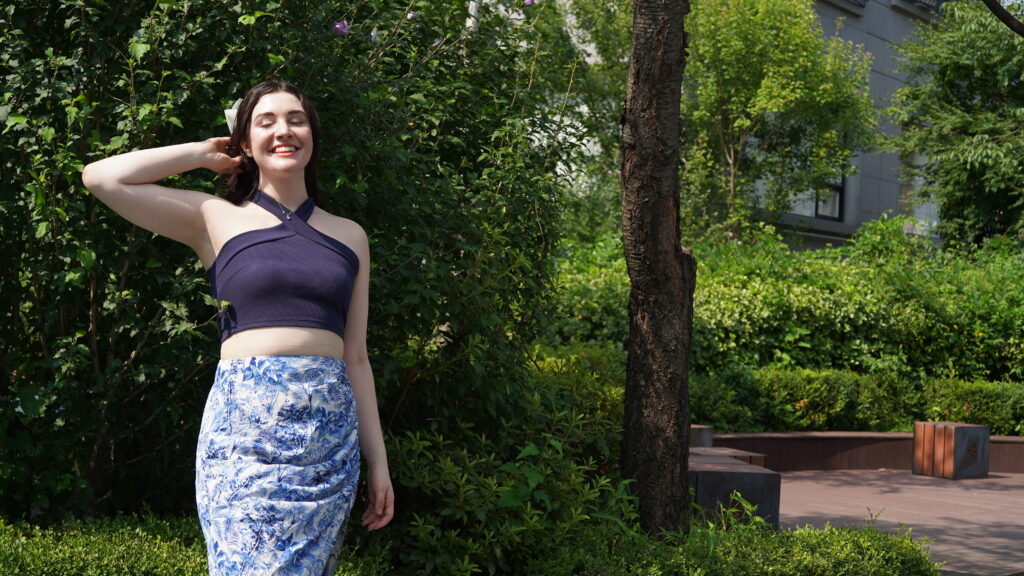
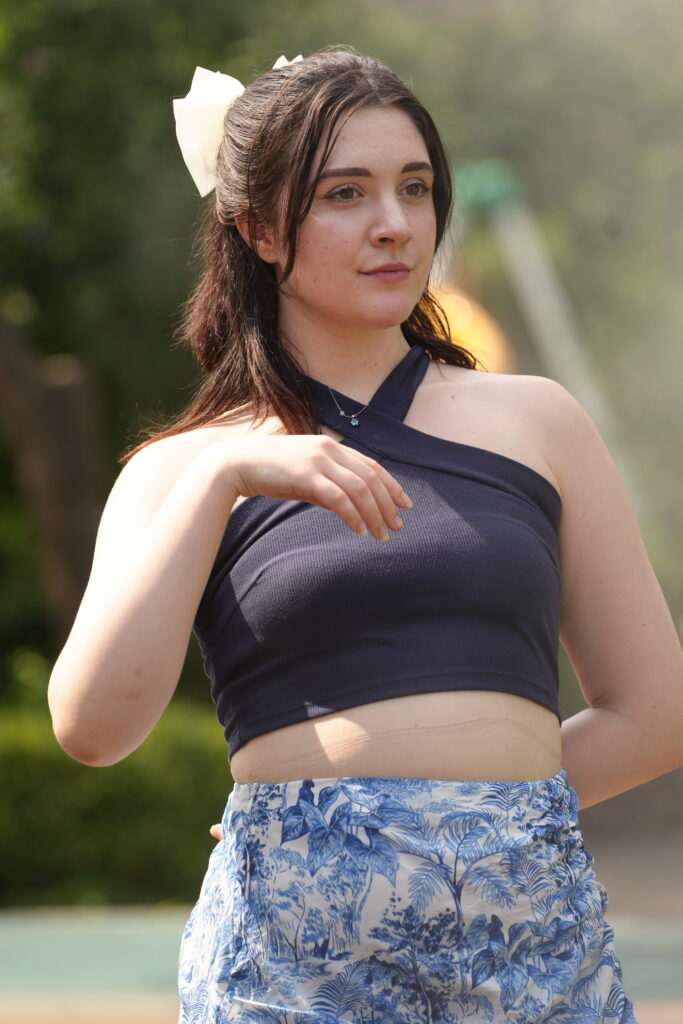
Do you have any advice for people coming to Korea to work in entertainment?
Learn Korean. Just learn Korean. It will make your life so much easier, especially considering the number of business meetings you’ll have in Korea. In my case, around 75% of my crew speaks very little English, the other 25% can speak conversational English, but not fluently. So when it comes to meetings, I am generally the bridge between the two languages, because of such, I have to speak and understand substantial amounts of Korean. I have had three business meetings in the past two days with business venues and owners, and the entire time, I had to speak Korean to them.
Do you have any advice for people interested in learning Korean?
I always get confused with double consonants, so I have a great tip for pronouncing them, words like “tteokbokki” (떡볶이) or “iss-eo-yo.” (있어요). Whenever you say a double consonant, make it sound fast and hard like you’re punching someone. It’s really easy to mispronounce things in Korean and this trick has helped me a lot. Another thing, make Korean friends and don’t let them speak to you in English all the time, and at least try. It’s really important to practice listening and speaking. One of the things as a foreigner in South Korea – my biggest pet peeve, is when they (foreigners) just walk up to a store and order in flat-out English. Like I understand if you don’t understand the words, but at least…try.
Follow Jessica and her crew on her socials!!
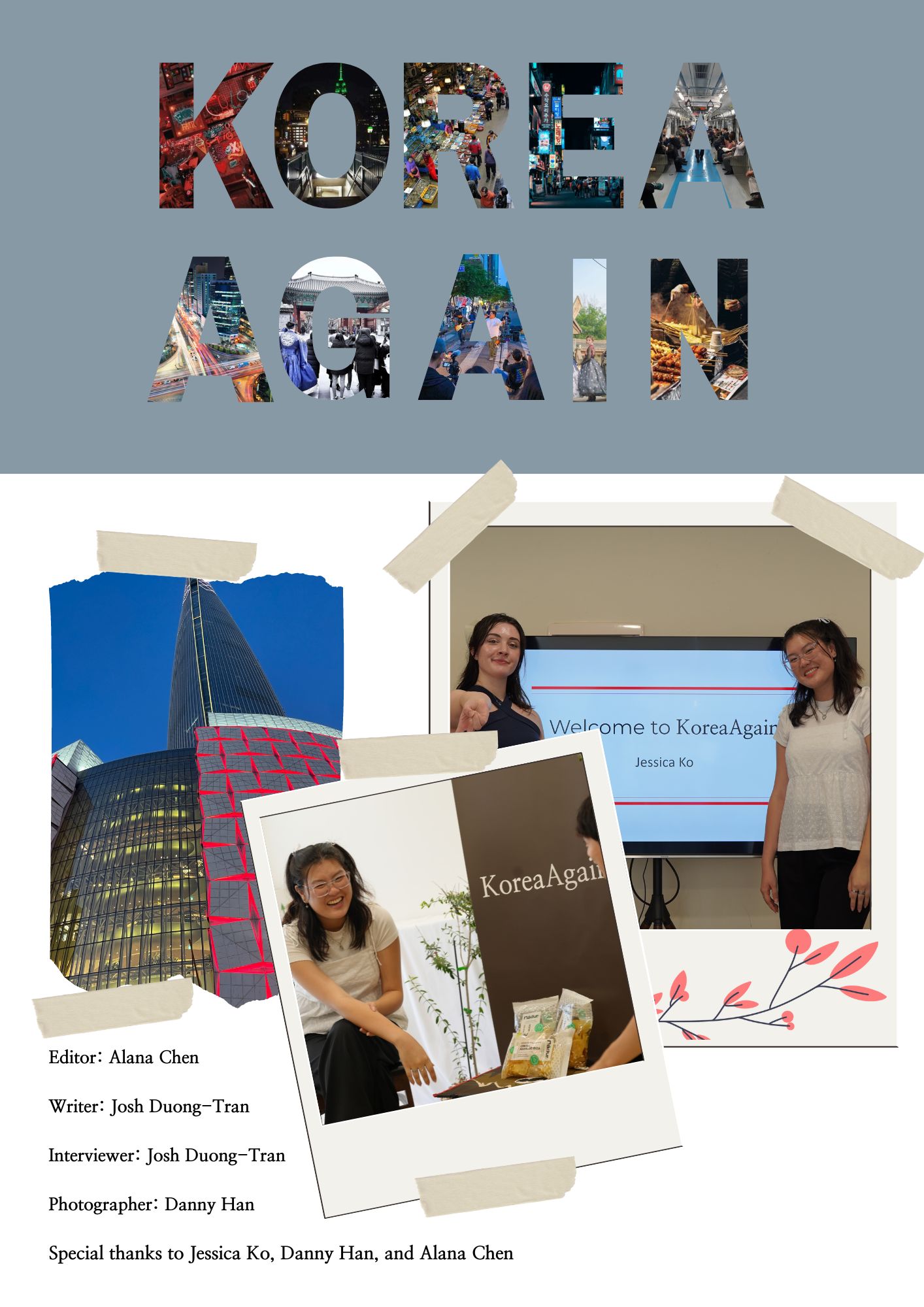
Written by
- United States of America
